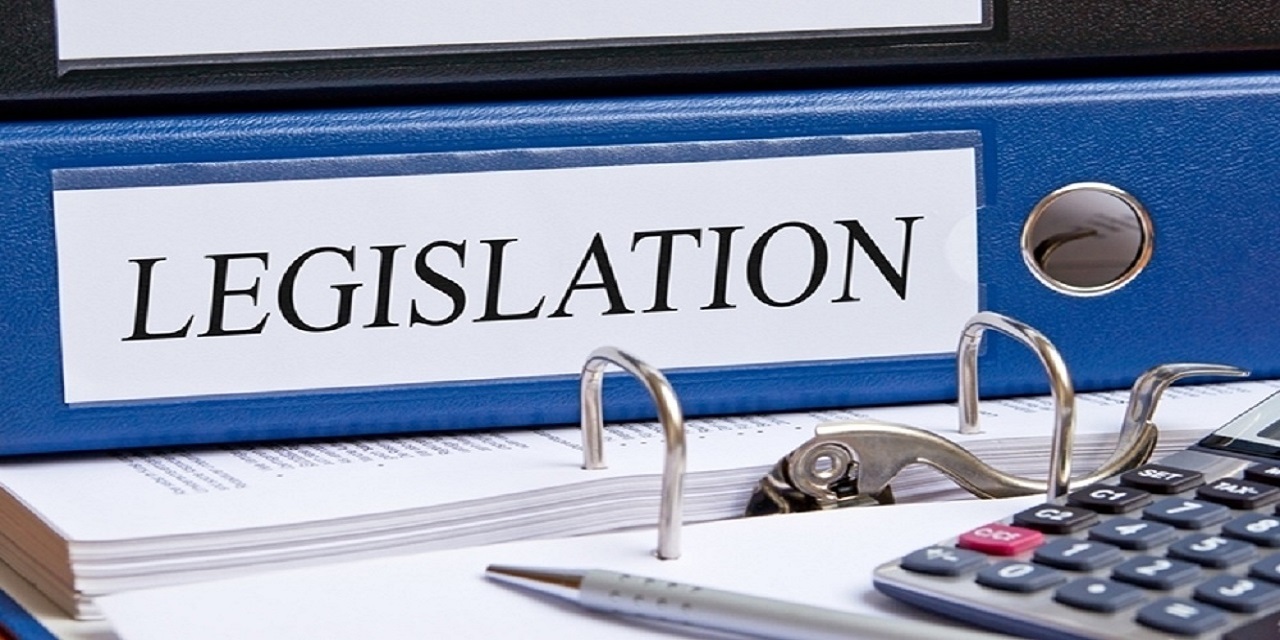SACRAMENTO – A coalition opposed to Assemby Bill 5, including Uber, Lyft and DoorDash drivers, last month submitted a ballot initiative to the California Secretary of State’s Office in an effort to undo the new law that will make it more difficult for companies to classify gig economy workers as contractors.
The Protect App-Based Drivers & Services Act would provide the promise of increased benefits for such workers who might otherwise be classified as employees under AB 5. The opponents of the bill have argued that the new law, which takes effect on Jan. 1, would lead to more labor litigation against businesses and less working flexibility for gig workers.
In response to the potential threat that the law may bring, the coalition’s proposed initiative reads: “Hundreds of thousands of Californians are choosing to work as independent contractors in the modern economy using app-based rideshare and delivery platforms to transport passengers and deliver food, groceries, and other goods as a means of earning income while maintaining the flexibility to decide when, where, and how they work. … Millions of California consumers and businesses, and our state’s economy as a whole, also benefit from the services of people who work as independent contractors using app-based rideshare and delivery platforms.”
However, some experts believe that regardless of reforms litigation is inevitable.
“There’s inevitably going to be litigation because Uber, for instance, has taken the position that transportation is not their core business – they say that they’re a platform that provides an algorithm for the drivers that provide transportation,” said Stanford law professor William Gould, an expert on gig economy litigation.
“I think that overall one of the major virtues of AB 5 is that because it is a relatively simplified and short criteria list, it should provide more certainty to the parties as to where they are and diminish litigation…but I think they (the coalition) will go to great lengths to challenge the statute along the lines we have mentioned and also by attempting to use the Federal Law Arbitration Act of 1925 as a vehicle to require any drivers who sue to remit their case to employer promulgated…arbitration procedures.”
